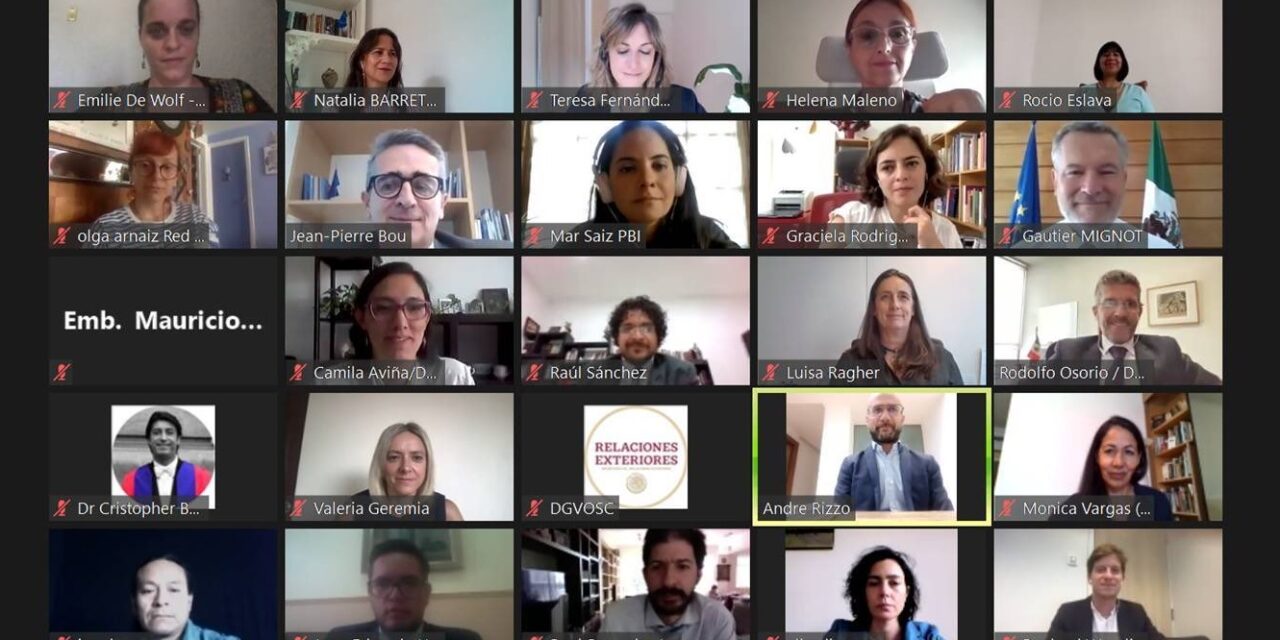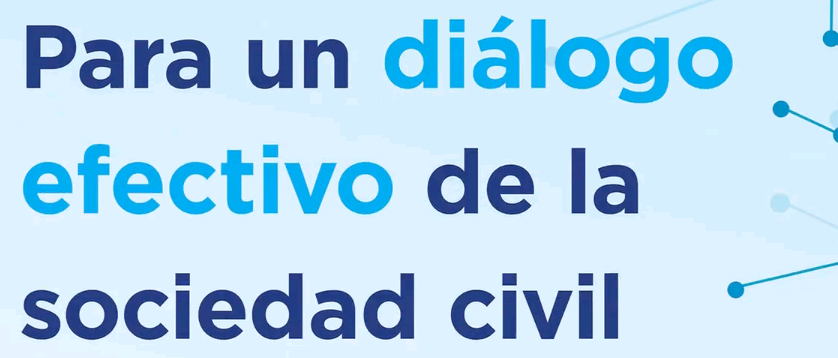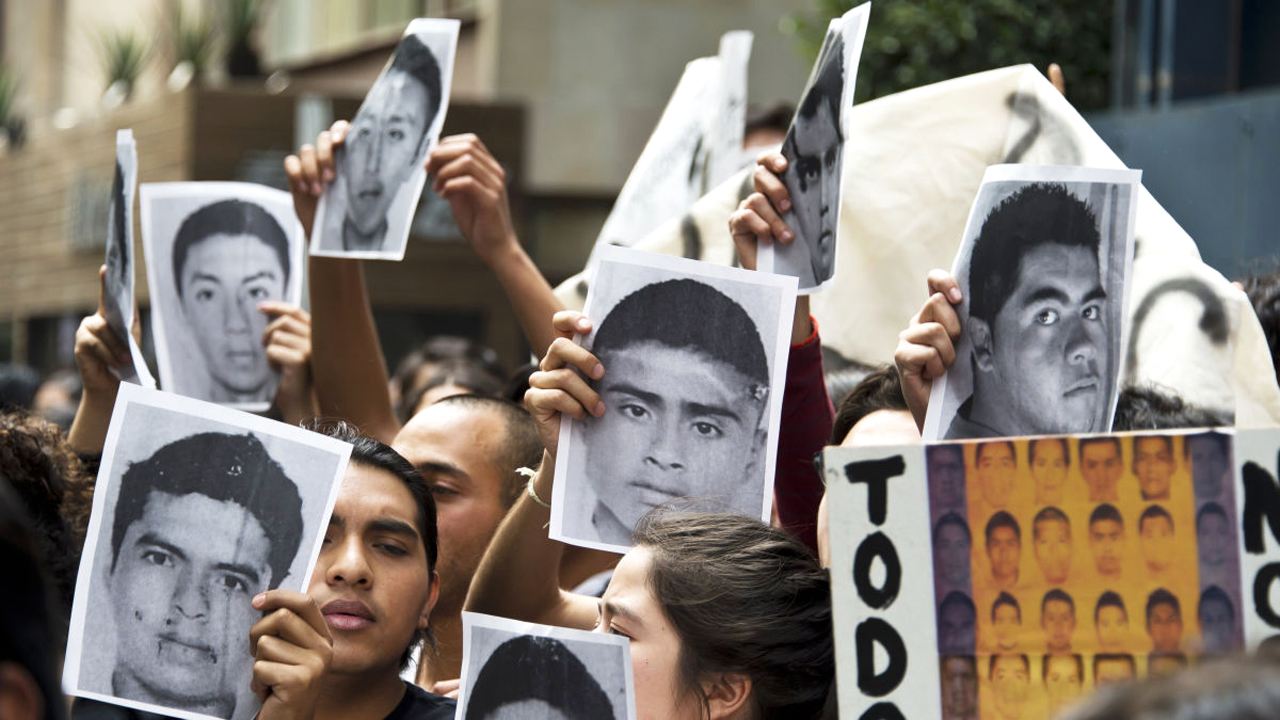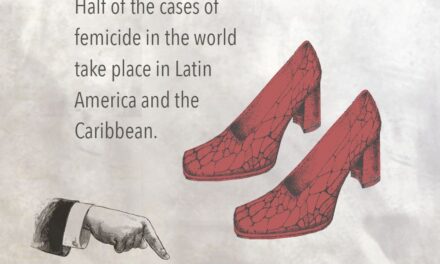ADVANCING HUMAN RIGHTS THROUGH DIALOGUE
Human Rights Defenders from Civil Society in Mexico and Europe met through Human Rights Trialogue with representatives of Mexican Government and the European Union.
By the Eulat Network, a network of 40 member organizations from 12 European Union countries, including Peace Brigades International (PBI Mexico), OMCT, Transnational Institute and Taula per Mèxic.
On June 2, 2021 a tripartite meeting took place in which representatives of Mexican and European civil society followed up on recommendations made during the EU-Mexico High Level Dialogue on Human Rights that took place in July 2020.
These recommendations are structured by thematic blocks[i] and refer to problems that occur in both Mexico and the EU. Spaces for political dialogue are part of the EU-Mexico global agreement, which goes beyond a trade agreement to be a strategic alliance between the two parties. This agreement has been revised in recent years and will be submitted for ratification in 2021. The updated version includes a new chapter on sustainable development[ii] that calls for the implementation of the Paris Agreement and for trade to contribute positively to the decarbonisation of economies. However, according to research[1] by PowerShift and the Transnational Institute (TNI), it lacks[iii] a sanction mechanism in case of non-compliance with international environmental standards or in case of human rights violations. In addition, both organisations warn of the inclusion, for the first time in a trade agreement between the European Union as a bloc and a Latin American country, of a chapter on investor protection that allows for the shielding of private interests through the Investment Court System (ICS). It should be highlighted that this chapter gives companies the right to sue states before an international arbitration tribunal. Currently, Mexico is the sixth country in the world to have received the most investor claims before arbitration tribunals. It faces 9 claims before the International Centre for Settlement of Investment Disputes (ICSID) from European investors. International civil society is also critical of such agreements that do not take into account the current health and climate crisis, as Nicolas Roux[iv] of Friends of the Earth and Attac France highlighted at a public event on the EU-Mexico Global Agreement[v]. Roux added that these agreements are from another time, symbolic of an economic model that has failed. Thus, the lack of robust binding rules that protect human rights and the need to find economic models that are truly sustainable for the environment and human life are the main reasons why organisations such as TNI and PowerShift call for the EU-Mexico Global Agreement not to be ratified.
Regarding the situation of Human Rights Defenders, we found in the spaces for dialogue a broad consensus on the extreme risk that accompanies the defense of human rights in Mexico and the need to protect human rights defenders. Even with the existence of the Federal Protection Mechanism, which is fundamental, Mexico has not managed to create a safe environment for defenders. There is a need to strengthen the preventive approach that addresses the problem of impunity and to continue working on a comprehensive public protection policy. As preventive actions, participating civil society organisations demand that the European Union make more public statements on situations indicating that violence may escalate, as well as public political support to counteract the official narratives that criminalise and delegitimise the work of defenders, journalists and civil society. Worryingly, we have observed many parallels between the criminalisation of defenders and the violation of migrants’ rights in the EU and Mexico. Objectives focused on “irregular” migration have led to a system of border management in both regions with few guarantees of respect for the human rights of people on the move.
In relation to the situation of violence against women, concerns were expressed regarding budget cuts, lack of recognition of the seriousness of the situation and a climate of stigmatisation against feminist movements. The case of the femicide of María del Sol Cruz Jarquín[vi], which occurred in 2018 in Oaxaca, was also raised. Her mother, Soledad Jarquín, has faced multiple security incidents about which the Special Rapporteur on the Situation of Human Rights Defenders, Mary Lawlor, has recently expressed concern[vii]. Consorcio Oaxaca, as civil society spokesperson in this thematic block, emphasized the need for more follow-up on individual cases.
The Mexican and European Organized Civil Society is committed to this high-level political dialogue in order to shed light on the problems that deteriorate the human rights situation in both regions. The situations we present are complex and we recognise that they require long-term and radical strategies, but also a great deal of ambition and political commitment. The organisations’ assessment of the implementation of the recommendations presented so far is that there has been little progress, at least insufficient progress to address the magnitude of the challenges facing Mexico and the European Union. In addition to these challenges, there are other global challenges such as the health crisis or the climate emergency that also require urgent responses. In this scenario, defenders, organisations, communities and indigenous peoples are key to ensuring resilient and democratic societies and, in this sense, high-level political spaces must be accessible and participatory. The Human Rights Trialogue contributes to this end and in the framework of EU-Mexico bilateral relations, we will continue to advocate for compliance with the international human rights framework.
[1] https://power-shift.de/wp-content/uploads/2021/04/GuiaUEMexico.pdf
[i] The thematic blocks are: 1. Rule of law and democracy; 2. Human rights defenders and journalists; 3. Violence and discrimination against women and girls and LGBTI people; 4. Rights of people in vulnerable situations: children and adolescents, indigenous peoples and migrants; 5. Business and human rights.
[ii] https://trade.ec.europa.eu/doclib/docs/2018/april/tradoc_156822.pdf
[iii] https://www.tni.org/files/bettina_muller.pdf
[iv] https://twitter.com/PBI_Mexico/status/1397217651450077186
[v] https://www.stopcorporateimpunity.org/25-mayo-el-nuevo-acuerdo-ue-mexico-no-es-oro-todo-lo-que-reluce/?lang=es
[vi] https://consorciooaxaca.org/2021/06/sociedad-civil-mexicana-exige-justiciaparasol-en-dialogo-con-autoridades-mexicanas-y-europeas/
[vii] https://twitter.com/PBI_Mexico/status/1401924484756541440





